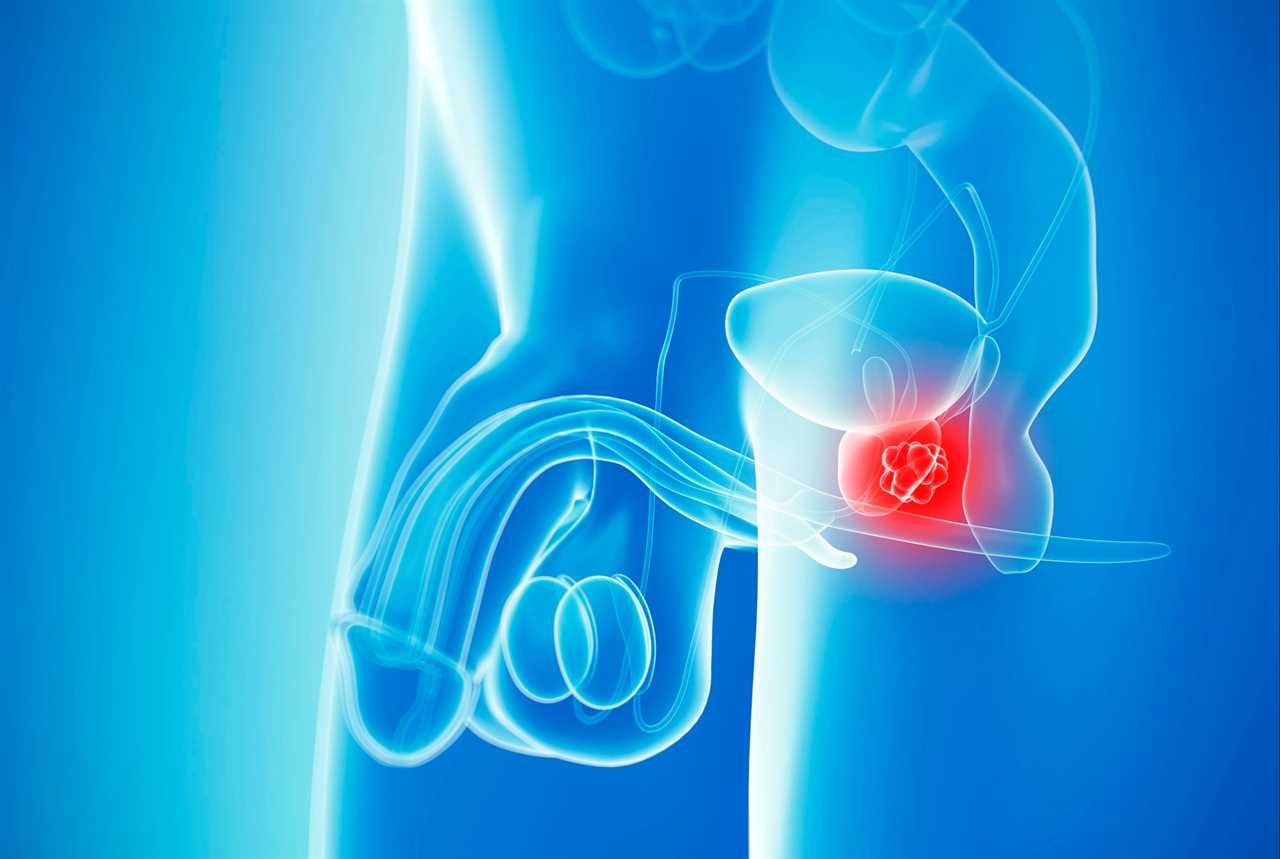MUSICIAN Jools Holland has spoken for the first time about his prostate cancer diagnoses.
The 64-year-old was told he had the illness in 2014 after going for a routine blood test.


It is now understood he is cancer free but is urging others to learn the signs of the cancer in order to save lives.
He said: “Thankfully I was successfully treated, but if more people were aware of their risk and caught the disease early, then more lives would be saved.
“I had no awareness of prostate cancer, no symptoms that I noticed whatsoever until I was diagnosed following a routine blood test in 2014.”
He is now working with charity Prostate Cancer UK to raise awareness of the illness which is the most common form of cancer in British men.
One in eight British men will get prostate cancer in their lifetime and many will live long lives and not experience too many nasty symptoms.
But in others, their cancer will spread, which is when the disease can turn deadly.
Prostate cancer currently kills over 9,000 men a year, with one man dying every hour from the cancer in England.
Worryingly the majority of men don’t know anything about the disease and, of those that do have a shred of a clue, 60 percent aren’t confident naming the signs and symptoms, according to a male cancer charity, Orchid.
A survey by Prostate Cancer UK previously revealed men over 45 knew the least about the killer disease and more than half of black African and Caribbean men did not know their ethnicity increased their risk.
Here are the 6 key symptoms you need to know:
- Needing to urinate more often, especially at night
- Needing to rush to the toilet
- Difficulty in starting to pee
- Straining and taking a long time while peeing
- Feeling that your bladder hasn’t emptied fully
- Weak flow
It’s important to note though that these symptoms aren’t always down to prostate cancer and if you’re in doubt you should always get checked out by your GP.
Many men’s prostates get larger as they age because of the non-cancerous conditions, prostate enlargement, and benign prostatic hyperplasia.
In fact, these two conditions are more common than prostate cancer – but that doesn’t mean the symptoms should be ignored.
The signs that cancer has SPREAD include bone, back, or testicular pain, loss of appetite, and unexplained weight loss.






